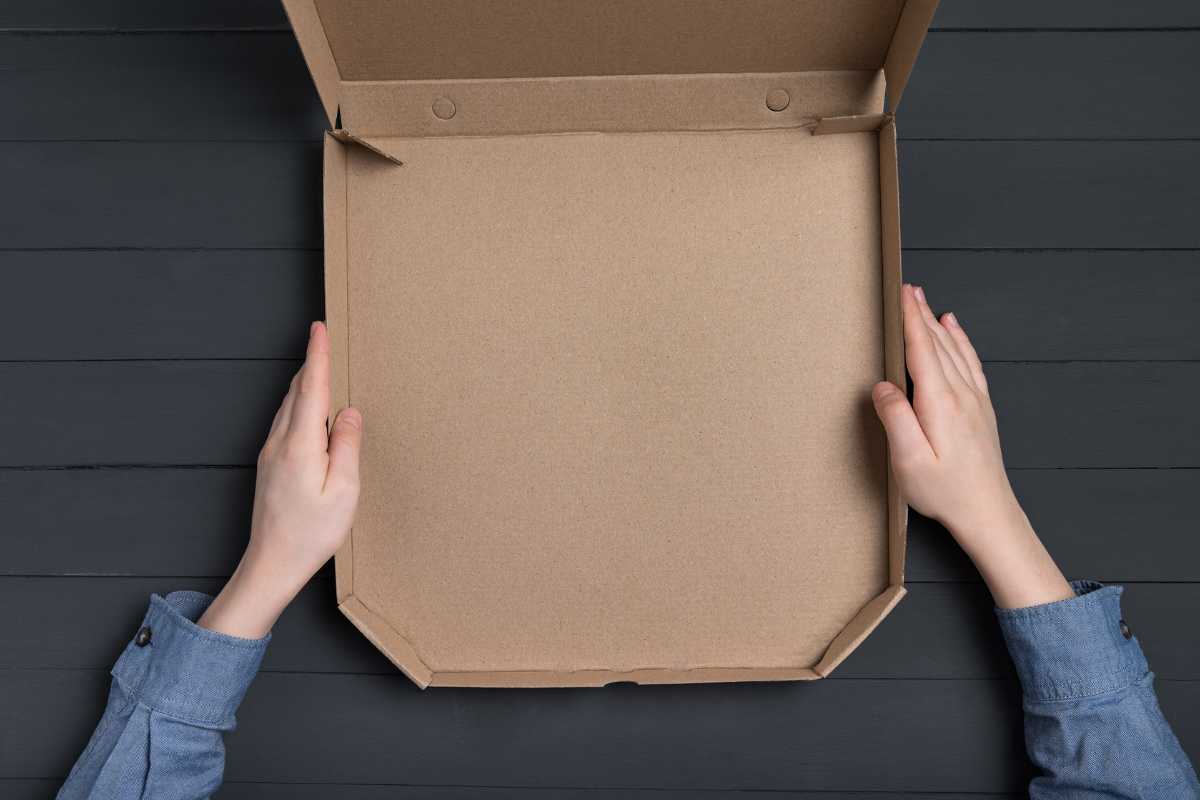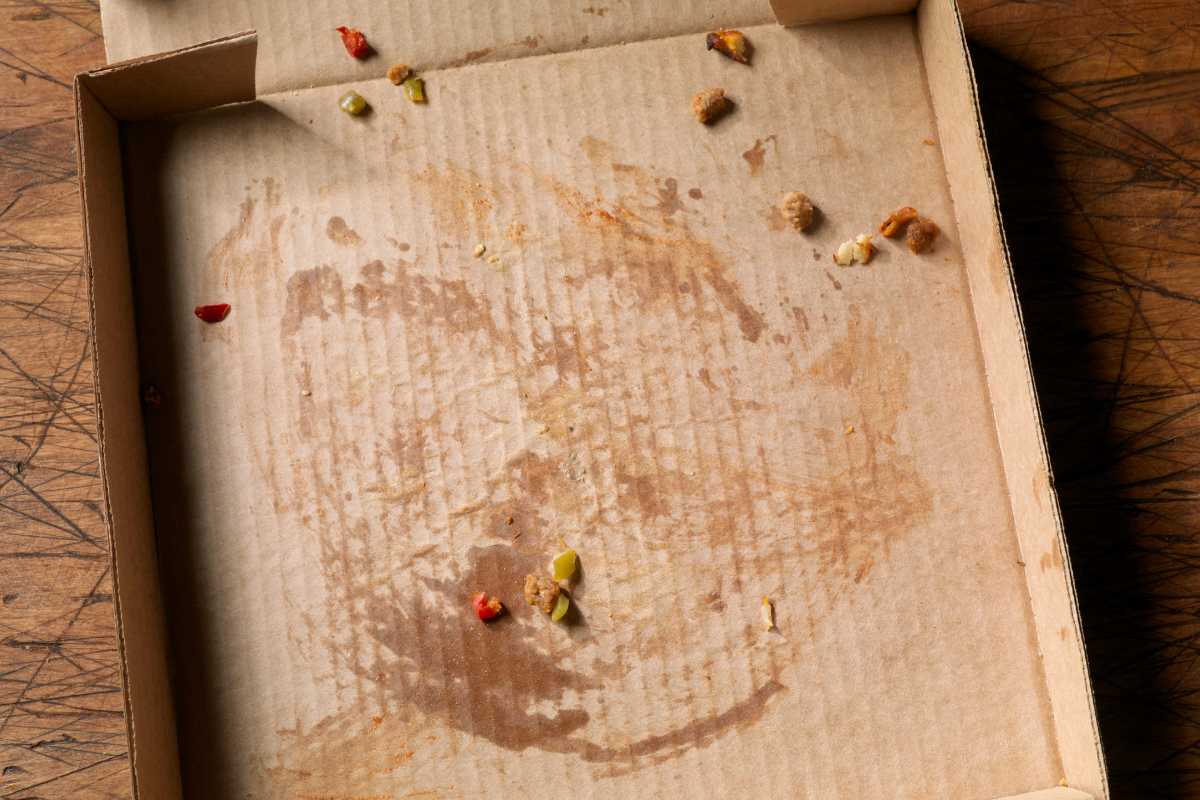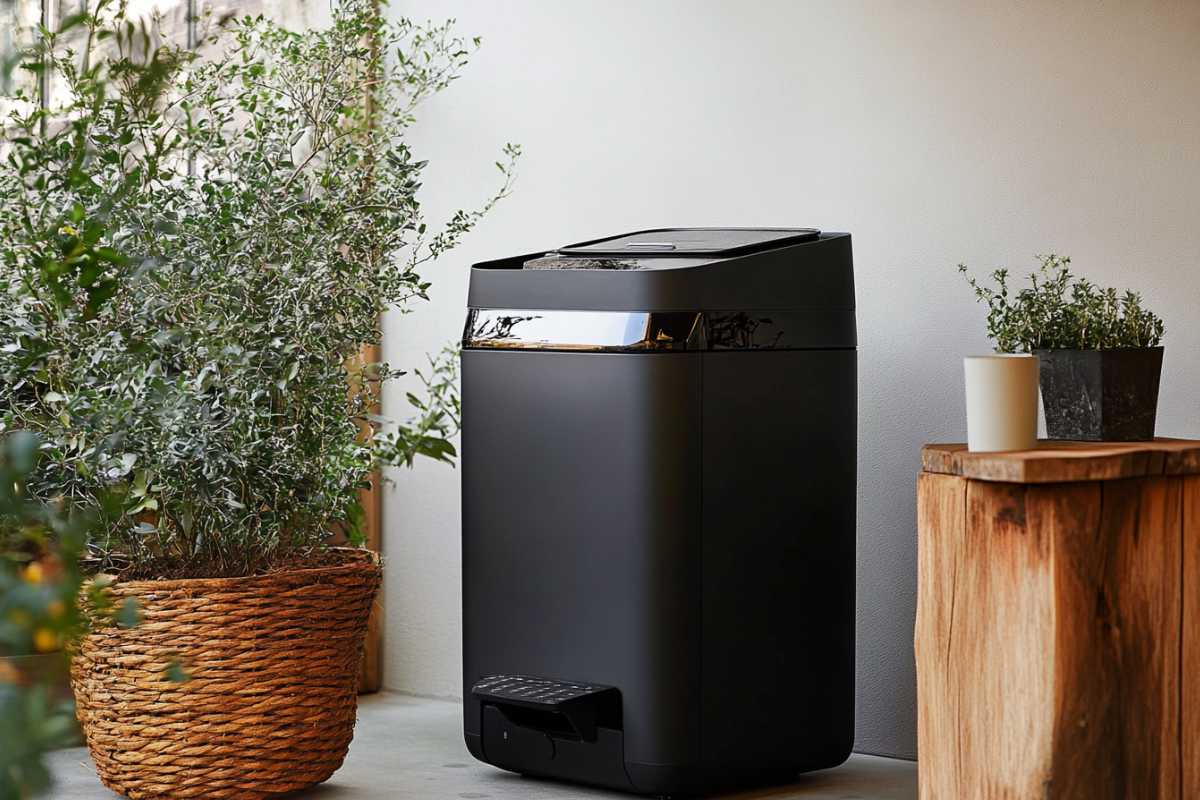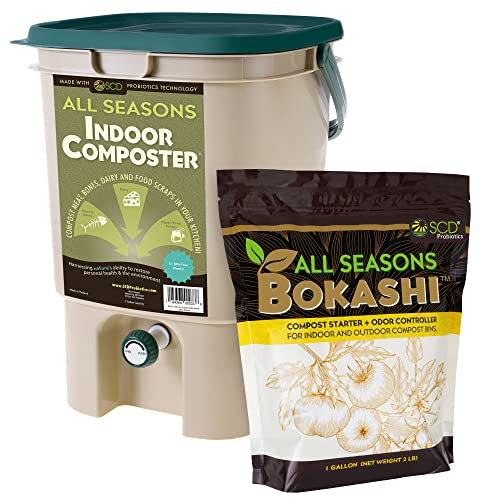Pizza boxes are a common household item. Most of us throw them away or put them in the recycling bins after eating our pizzas.
But can you do anything else with them? Can you compost pizza boxes?
Yes, you can compost pizza boxes. However, it does depend on a number of factors to keep in mind before adding them directly to your compost.
In this blog post I’m going to show you how to turn those old pizza boxes into something useful.
Can You Compost Pizza Boxes?

Yes, you add pizza boxes to your compost pile, but there area a few things to watch out for even though it’s primarily cardboard.
You should not add pizza boxes to your compost if they have any plastic coating or chemical-heavy inks. Although, this isn’t usually an issue with most pizza boxes. That being said, if in doubt, leave it out!
The good news is that most curbside “green” bins – that is, your bin for compostable waste – do accept the inclusion of pizza boxes.
If your pizza box has a lot of food scraps like cheese or leftover meat toppings stuck to it, it could attract pests. If this is the case, try to remove as much of the leftovers as possible. Then bury the cardboard as much as you can (more on that at the end of the article.)
Composting pizza boxes is actually the most effective way of recycling them.
You can still compost cheese and leftover meat, but be sure to read the Composting Cheese and Composting Meat Scraps articles.
When to Compost vs. Recycle Pizza Boxes

You may be used to putting your used, greasy pizza boxes in cardboard recycling, but if you are, then you should stop immediately!
You cannot recycle cardboard that is soaked in grease, as it messes up the recycling process.
You can still recycle any of the cardboard that is free from oily contaminants, but this means cutting off the unsoiled bits of the box and only adding them to the recycling.
Oily paper products will disrupt the binding process in recycling when they’re soaked in water and chemicals to soften the paper fibers. The entire batch in the paper recycling process can be ruined, so it’s important to try and only recycle clean pizza boxes, clean cardboard, and clean paper.
Oily pieces of cardboard can still be composted, however. You can even shred them and add them to a wormery if you have one.
Pizza boxes are made of corrugated cardboard and are biodegradable, so they’re flexible with what you do with them.
How to Compost Pizza Boxes
Pizza boxes can be added to most composting systems, including open-air composters. However, you should ensure that they are not too contaminated with dairy or meat leftover food as this can attract pests to your pile.
Also, be wary of composting too much as it can mess with the balance of your compost. These are the steps you should take to compost pizza boxes successfully.
- Remove Stuck-On Food Bits – Clean off any food bits of cheese or meat toppings that may be stuck on the box.
- Cut Up Your Pizza Box – You can cut the box up and separate it into recyclable pieces and compostable pieces. This will help you reduce the amount of cardboard that you are adding to your compost if you need to. However, if you need to increase the amount of brown material in your compost, you can add all the cardboard. It’s best to cut it up as small as possible or shred the cardboard if you have a shredder that can handle it. This will speed up decomposition.
- Add and Mix – Add the cardboard pieces to your compost and mix them in thoroughly with your current compost pile. Mixing it in will speed up the composting process and ensure that scavengers aren’t attracted to the smell of delicious leftover pizza!
What Composting Systems Can I Use To Compost Pizza Boxes?
When it comes to composting systems, you can add shredded pizza boxes to your open-air composter, wormery, or tumble composter.
But what about the other systems that are available to compost food waste that you otherwise wouldn’t add to your open-air composter?
Here are four types of modern anaerobic composters, and whether you can add pizza boxes to them or not.
The Bokashi System
The Bokashi system is relatively small, so while you could add pizza boxes to it, the space is best kept for food remnants, rather than cardboard. However, you could add any bits of leftover pizza, as they are not suitable for open-air composters.
The Compot
Like the Bokashi System, space is a premium for the Compot and therefore is best saved for leftover food unsuitable for open-air composting.
However, this system encourages you to use a few Compots throughout your garden, so there is no reason you couldn’t add the greasy parts of your pizza box to one of your Compot, as they will undoubtedly attract worms!
Hotbin Composter
The Hotbin is larger than the previous composters, and you will be able to add cut-up pizza boxes to it with no issues. You’ll still want to make sure you cut up the cardboard pizza box into small pieces to aid decomposition.
Electric Composter

Whether an electric composter will compost cardboard depends on the electric composter itself, so it’s best to check with the manufacturer’s specifications before adding any cardboard to an electric composter.
Composting Pizza Boxes Final Thoughts
Cardboard can be excellent compost material, so don’t be afraid to compost pizza boxes. If you have grease-contaminated pizza boxes, composting is also a good option, especially with worm compost bins.
Check out these articles on how to compost other materials:


